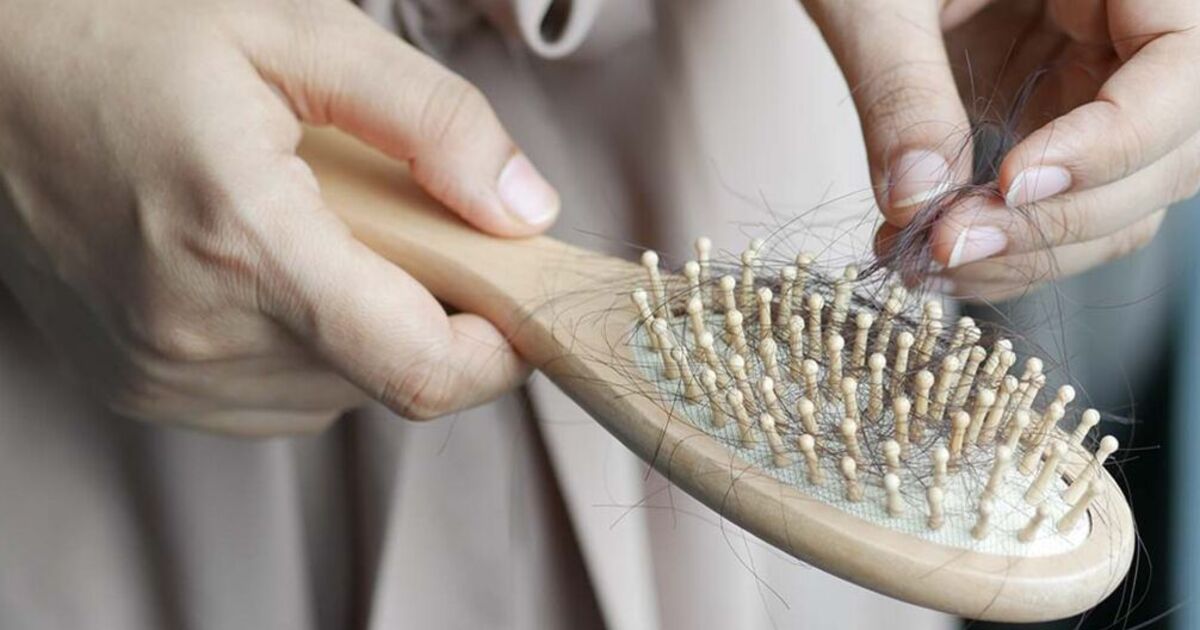The Princess of Wales revealed she has been diagnosed with cancer and is set to start “preventative chemotherapy” in an emotional video last week. Kate Middleton explained that the cancer was discovered while she underwent a major abdominal surgery at The London Clinic at the start of the year.
The 42-year-old princess explained she needed to recover from surgery before she could start the chemotherapy, as advised by her medical team.
Chemotherapy is linked to a lengthy list of gruelling side effects that depend on the exact drug you are taking. While it’s unclear what drug The Princess of Wales is going to take and how it’s going to affect her, chemotherapy as a treatment in general is often associated with hair loss.
The Cancer Research UK explains that hair loss or thinning is a common side effect of some cancer treatments, but it adds that some chemotherapy drugs don’t cause any hair loss or they may only trigger “slight thinning”.
The treatment works by killing dividing cells such as cancer cells, but normal body tissues such as the hair follicles, also have lots of dividing cells. Therefore, chemotherapy can cause your hair to fall out.
The charity explains that whether hair loss will occur will depend on:
- The type of drug or combination of drugs you’re having
- The amount (dose)
- Your individual sensitivity to the drug
- Your drug treatment in the past.
Hair loss caused by the cancer treatment can manifest as mild thinning of your hair, partial or patchy hair loss, or complete hair loss, also known as alopecia. The Cancer Research UK states: “Complete hair loss can happen gradually. Or hair may fall out fairly quickly, in clumps.
“Hair loss or thinning can also affect your eyelashes, eyebrows and other body hair. For example, pubic hair, underarm hair and chest hair in men.”
The charity explained that this particular chemotherapy side effect can be distressing and devastating, serving as “a constant reminder of your cancer and what you’re going through”.
However, the good news is that the hair tends to grow back once treatment has finished for most people. The charity adds: “It might take several months for the hair to grow back. When it does, it might look the same as before, or it may be thicker or thinner. Sometimes it can be a different colour or curlier.”









